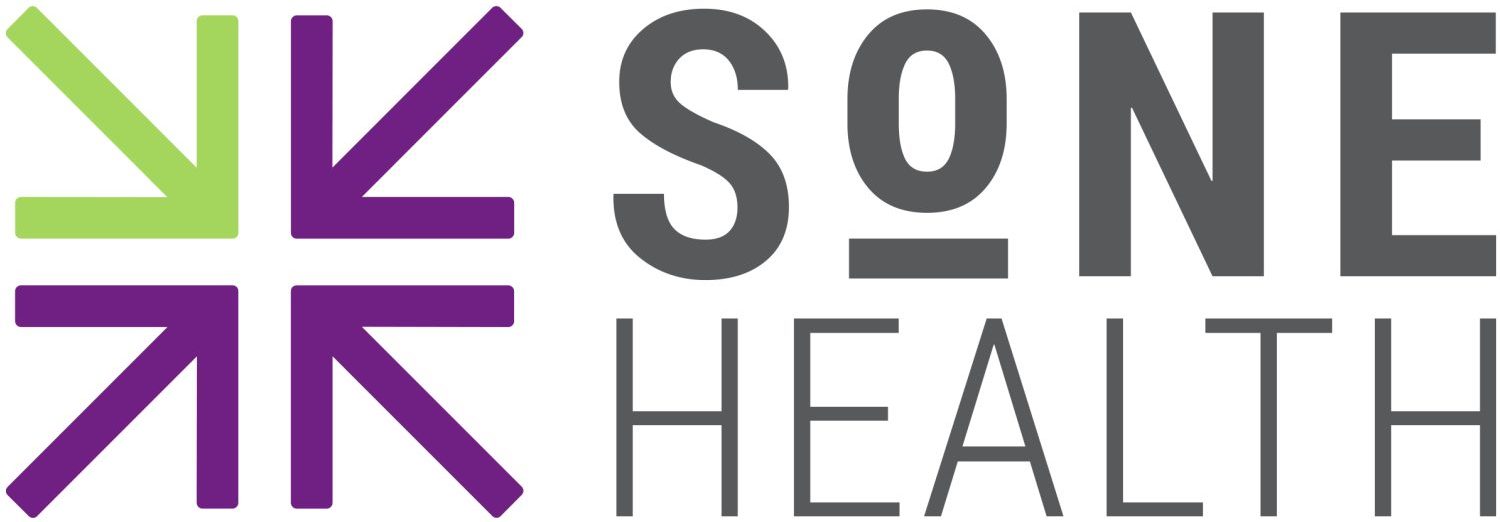By: George Beauregard, DO – Chief Population Health Officer and
Renee Broadbent, MBA, CCFSP – Chief Information Officer & Information Security Officer
The burden of documentation in the electronic medical record is a source of great frustration for physicians. New technologies to reduce this burden are emerging.
Ambient voice technology (also called ambient listening) refers to the process of automatically capturing and transcribing conversations between a physician and a patient. Artificial Intelligence (AI) algorithms are then used to analyze and extract relevant information from these transcriptions, such as medical history, symptoms, and treatment plans. This technology can help reduce the documentation burden and improve the overall efficiency and satisfaction of healthcare providers.
AI offers several opportunities in the healthcare space to improve the overall patient-physician experience. The average time saved by ambient listening for physicians can vary depending on several factors, such as the complexity of the patient’s condition, the length of the consultation, and the efficiency of the transcription and analysis technology being used. While there is no specific average time that can be stated universally, observational studies have shown that ambient listening can save physicians anywhere from a few minutes to several minutes per patient encounter. Over the course of a day or week, these time savings can add up significantly, allowing physicians to see more patients or dedicate more time to everyone.
There are areas of concern on the use of AI, including the accuracy of AI systems that can vary depending on the specific task or application. Some AI systems have achieved incredible levels of accuracy in certain domains, surpassing human performance in tasks like image recognition, and natural language processing. However, it’s important to note that AI systems are not perfect and can still make errors or be susceptible to biases. The accuracy of an AI system is typically measured using metrics like precision, recall, and F1 score, which quantify its ability to correctly classify or predict outcomes. Overall, AI has made significant strides in accuracy, but there is always room for improvement and ongoing research to enhance its performance.
Another key area of consideration and getting a lot of attention now, especially in the United States, is what guardrails or legislation need to be in place for usage around AI. Some of the key areas of legislation include data protection and privacy laws, ethical guidelines for AI development and deployment, liability, and accountability frameworks. It’s important to note that AI legislation is still evolving as technology advances and many countries are actively working on developing comprehensive frameworks to address the unique challenges posed by AI.
A final area of concern is data breaches, especially in healthcare as it is a prime target for bad actors. Security experts predict that the adoption of AI by cybercriminals will lead to an increase in healthcare data breaches. AI methods can compromise patient data privacy and algorithms successfully reidentify previously de-identified data, is cause for serious concern.
While this is an evolving area and has areas of concern that need to be addressed, by using technology that transcribes and analyzes conversations in real-time, physicians can focus more on patient care and less on notetaking. Additionally, ambient listening can help capture important details and reduce the risk of missing critical information during consultations. The good outweighs the bad.
 George Beauregard, DO is Chief Population Health Officer at SoNE HEALTH
George Beauregard, DO is Chief Population Health Officer at SoNE HEALTH
 Renee Broadbent, MBA, CCSFP is Chief Information Officer & Information Security Officer at SoNE HEALTH
Renee Broadbent, MBA, CCSFP is Chief Information Officer & Information Security Officer at SoNE HEALTH


